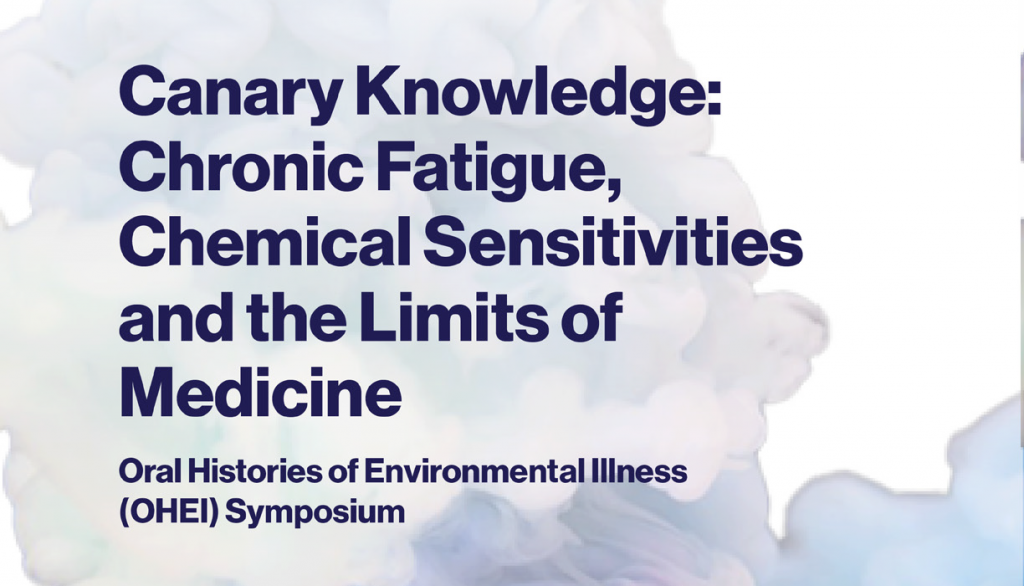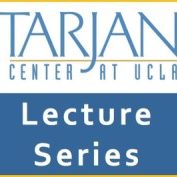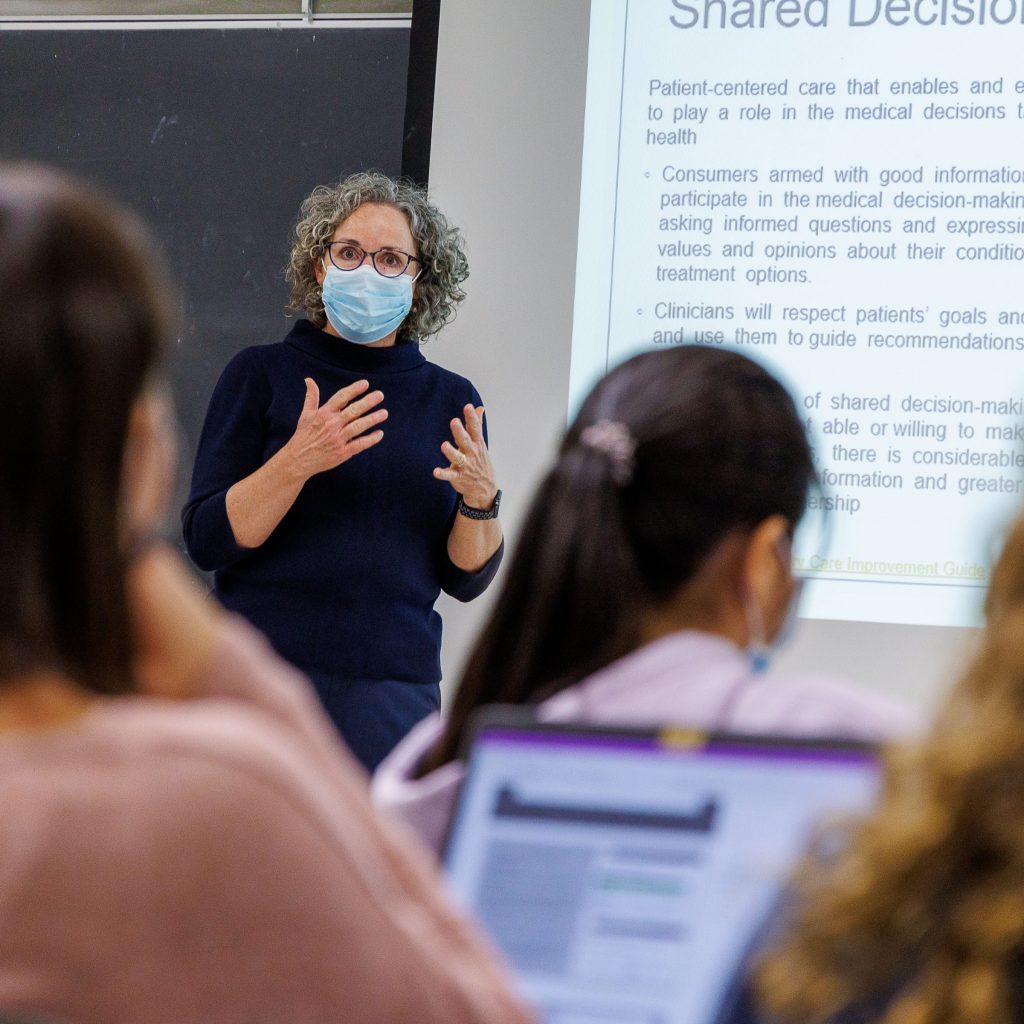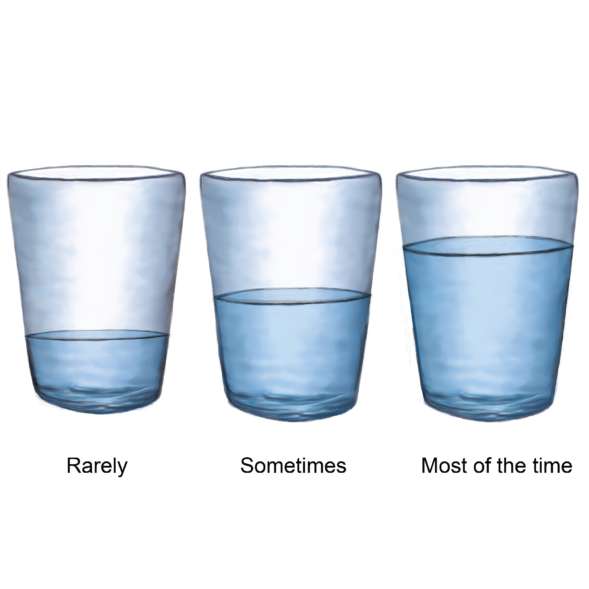The UCLA Center for the Study of Women (CSW), in collaboration with UCLA Disability Studies, hosted the Oral Histories of Environmental Illness (OHEI) Symposium from November 17-18. The conference provided the opportunity to learn from research across multiple UC campuses that highlight patient narratives surrounding chronic conditions and environmental illnesses.
As Professor Rachel Lee (UCLA) stated in her opening remarks, one of the central goals of this conference was to celebrate the Oral Histories of Environmental Illness Archives. This archive is a collection of interviews with individuals who identify with having an environmental illness, or who are advocates on behalf of those with hard-to-identify diseases (e.g. Multiple Chemical Sensitivities, chronic Lyme, mold illness). By exploring these stories, researchers seek to understand the social and environmental impacts of these disabilities on affected individuals, and examine the role of disability activism and art in grappling with the challenges posed by acute illness and/or chronic disability.
Throughout these presentations, I appreciated the interdisciplinary nature of research topics from each speaker, as well as the diversity of disabled voices whose stories were shared. The presenters reflect the richness of the disability community, demonstrating how even though everyone may have a unique experience with their disability, it is possible to come together to center care and community in a generative way.
There were several projects that I found especially informative and want to highlight. For example, Nic Yiu’s (UCLA Gender Studies) research introduced the concept of “disability tax,” which is the idea that people with disabilities have to spend additional “costs” – resources such as time, emotional energy, and money – in order to accommodate their disability when no other support is offered. Specifically for the women that Yiu interviewed, most find themselves in a difficult position where they are forced to allocate extra resources to advocate for themselves due to the dismissive attitudes of friends, family, and work institutions in response to their environmental illnesses and chronic conditions.
Meanwhile, Dana Salah (UCLA Luskin School of Public Affairs) connected genuine (Duchenne) and non-genuine polite (non-Duchenne) laughter to environmental illnesses to argue that laughter exhibits gendered characteristics. In Salah’s interviews, women frequently used non-Duchenne laughter as a means to mask their discomfort or to ease tensions in conversations about their illness. This behavior was thought to be a conditioned response resulting from past experiences of embarrassment or being perceived as an “inconvenience” by loved ones who did not believe in the reality of their environmental illnesses.
Overall, the speakers and graduate student panelists provided me with a new perspective on understanding literary narratives of disability and medicine. These narratives of lived experiences contribute an additional layer of knowledge on how to approach non-visible disabilities in medical and social spheres, and establish a robust network of support that places humanity and diversity at its forefront.
View the Livestream symposium recordings.



